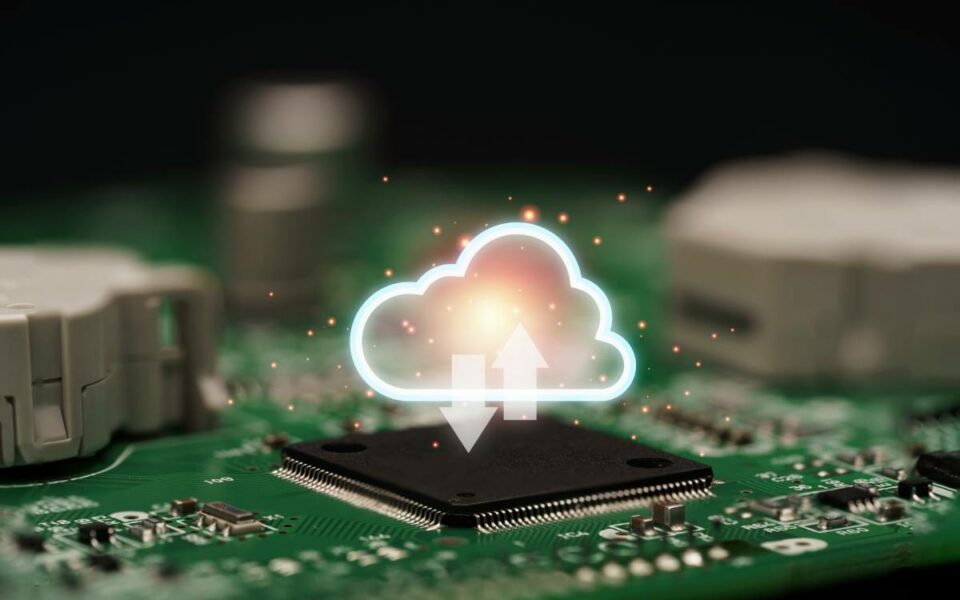
BERT – new Google algorithm update
17 December 2019
Trends in data analysis in 2020. Changes to the data analyst.
15 January 2020
Data is all around us. In fact, the amount of existing digital data is growing rapidly, doubling every two years and changing our way of life. According to research, as early as 2012, 2.5 billion gigabytes of data were generated every day. In the digital age, a huge sums of data which are already becoming more disordere are growing day by day. Thanks to this data, a variety of paths have opened up in the Big Data environment, including Data Science, Data Analytics, etc. Although people use these terms interchangeably, they all perform very significant but varied tasks and there are huge differences between these concepts.
With the coming of the digital economy, different paths have opened up in the Big Data environment. Data science, data analysis, data mining, data engineering etc. They work together on one platform, but perform very different and significant tasks. Most of the time people use these terms interchangeably, but there are genuinely huge differences between these concepts. A similar kind of ambiguity occurs in the terms Big Data, Data Science and Data Analytics. Aspirators often mistakenly choose a different professional role which does not match their skills. That is why it is extremely important to know the differences between them before going in a certain direction.
Data Science
The term ‘learning’ is more than adequate. Data Science is the most sophisticated field of all three and requires the closest niche expertise to process and verify raw data to identify highly specific and valuable insights in all background noise. Data Science is about very individual data. Data Science covers all complex processes, tools, techniques and mechanisms which are used to clean, analyze and prepare data. This leads to precise estimates that stimulate business growth. These techniques and tools include statistics, problem solving, mathematics, creativity, predictive analysis, machine learning and mood analysis.
Big Data
While Data Science drives business development by focusing on individual units, Big Data deals with the masses. It deals with unbelievably large data which is generated by companies every day. If it were not for Big Data, all this information would be unprocessed and unused, resulting in a loss of insight and capabilities.
Big Data investigates structured as well as unstructured information. Structured data comes from transaction data, relational database management systems, while unstructured data comes from emails, blogs, and social media activity. There is also partly structured data obtained as text files and system logs.
Data analysis
Between these three, data analysis is probably the most trivial, but using it to its full potential can significantly increase profits. Data analytics uses algorithmic and mechanical processes to collate many different data sets to detect connections and patterns, drawing conclusions about consumer behavior and business performance.
Different impact of the fields on the economy
Data forms the basis of almost all of today’s activities, regardless of they relate to education, research, healthcare, technology, retail, or any other industry. The orientation of companies has changed from focusing on products to focusing on data. Even a small amount of information is currently valuable to companies, so it is necessary for them to obtain more and more information. This necessity led to the need for experts who could provide significant insight.
Big Data engineers, data scientists and Data Analysts are similar specialists who use data to provide information ready for the industry.
Here are the branches of the market in which particular areas are divided:
Big Data
- Sale
- Banking and investment
- Detection and analysis of frauds
- Customer oriented applications
- Operational Analysis
Data Science
- Digital advertisements
- Creating websites
- E-commerce
- Internet search engine
- Finances
- Telecommunication
Data Analysis
- Traveling and transport
- Financial analysis
- Sale
- Research
- Energy management
- Healthcare
Required skills
The skill sets required to become a data researcher, data analyst, and big data specialist are different. Although some skills are common in all three profiles, the level of proficiency varies depending on professional roles. Therefore, you should clearly know who you want to become and what skills you need to have to do that. In an earlier article on Data Science, Big Data and data science, we described exactly what skills are needed for a particular job. Below, however, we provide a quick summary.
Big Data
- Analytical skills
- Mathematics and statistics
- Java
- Hadoop
Data Science
- SAS
- R/Python programming
- Hadoop
- SQL databaseSAS
- Analytical skills
- Statistics
- Maths
- Visionary thinking
Data Analysis
- Programming
- Communication
- Artificial intelligence
- Data entry skills
The data business shows no signs of slowing down, and thanks to your career in one of these three areas you are ready to make use of the most of your potential.


